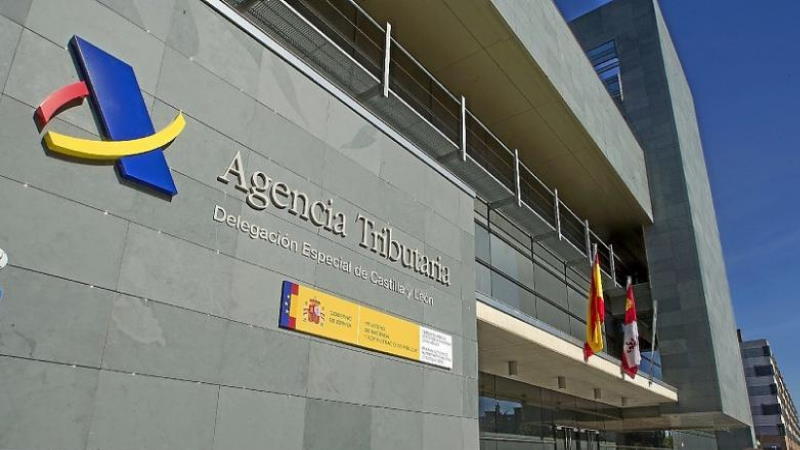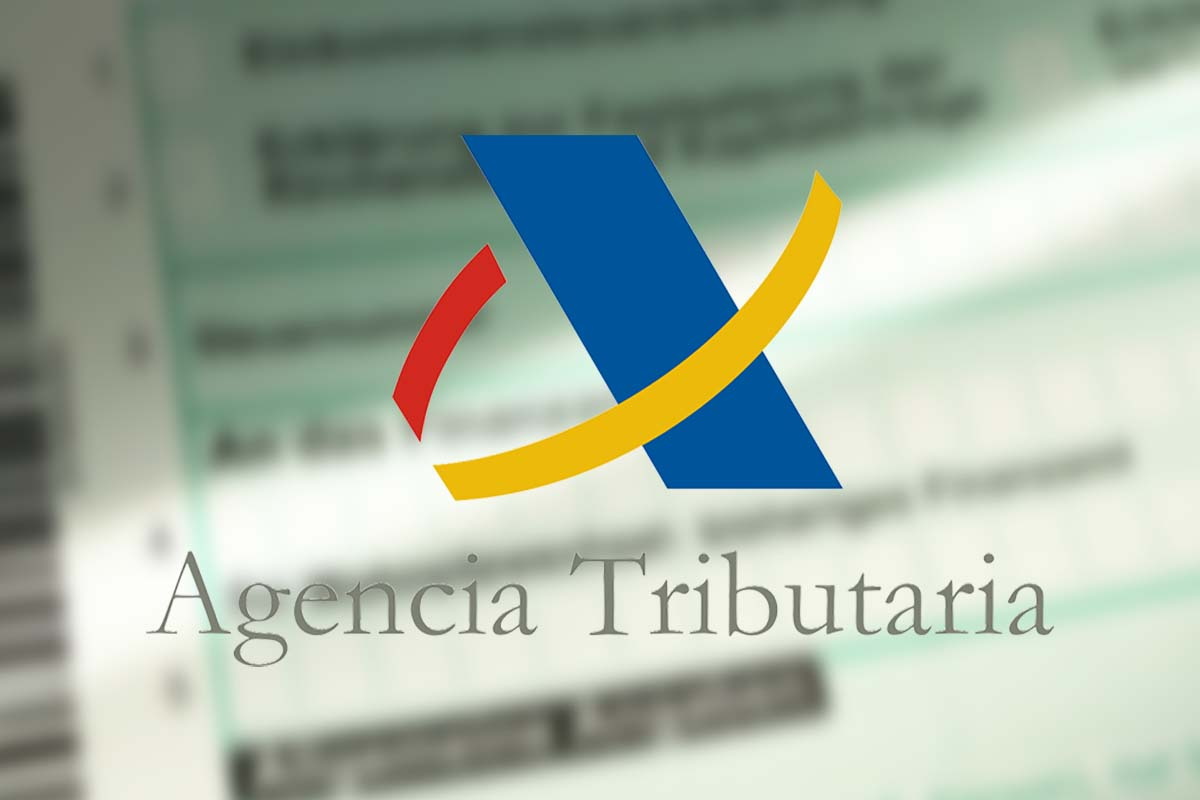You have your non-lucrative visa, and you’re on your way to Spain to start your new life in Spain. Congratulations!
You now start the process of getting yourself registered and set up in Spain.
Here’s our rundown of all the essentials that you’ll need to get done in your first few months of your non-lucrative residency.
Click / tap on the tabs to expand.
Certificado de Empadronamiento
Assuming you already have a place to live, registering on the padron is probably the first administrative procedure that you’ll complete.
The ‘certificado empadronamiento’ or padron as it’s commonly referred to, is the document that confirms your registration in your town halls municipal register of inhabitants.
It’s your proof that you reside at your address in Spain and you’ll need it for every official process that requires proof of your Spanish address, starting with your TIE.
The process varies from one place to the next.
Digital Certificate
The Digital Certificate or ‘Certificado Digital’ in Spanish, is an electronic ID that lets you complete a wide range of administrative processes online using your computer, tablet or phone. You can use it to access all local, regional and national online services, like tax and social security, manage and update your information, complete applications and in many places get an up to date copy of your ‘padron certificate’.
Whilst the certificate gives you access to a lot of things and can be used to complete a lot of procedures such as submitting you non-lucrative residency renewal and tax return, etc, you need to know your way around the systems to be able to use it. Many people allow their lawyer, accountant, gestoria or someone else that they trust to hold their certificate and authorise them to use it to complete procedures on their behalf.
The Digital Certificate can also be used to set up notifications. This is very important, given that the post is so slow and unreliable in Spain. With digital notifications, you’ll never miss an official letter, e.g. from the tax office or town hall, or traffic fine.
There are various types of digital certificates available. The ones most commonly used are the ‘Clave‘ and the one issued by the FNMT. You download it onto device, and one installed you are ready to go.
In some provinces, a digital certificate is now required to book the appointment and more provinces seem to be going this way. This is another reason why getting the digital certificate is one of the first things you need to do.
We usually arrange the set up of the digital certificate at the same time as the padron, as it requires and ID verification which can be done at the town hall.
Tarjeta de Identidad Extranjero
Once you’ve registered on the ‘padron’ you apply for your foreigners ID card or TIE as it’s known.
The TIE application process is relatively straight forward, however some provinces have significant shortages of appointments at the Foreigners Offices or National Police Stations which handle the issue of the cards. Due to this, the one month deadline for applying after your arrival is not enforced.
At the Police station they check you visa, residency approval, and passport stamps, scan your fingerprints and give you a document called a ‘resguardo’ which is your proof that you’ve done your TIE application. The card is ready to collect in around 4 to 5 weeks, at which time you return with your ‘resguardo’ and passport to collect your card.
With your TIE in hand you can move onto getting other things done which require proof that you are resident in Spain.
Spanish Driving Licence
You can use your UK licence for up to 6 months after you have obtained you TIE. Once you have your TIE you can exchange your UK licence for a Spanish one. You can use a gestoria to handle this for your, but the best way to do the exchange is by going directly to the driver and vehicle licencing directorate, DGT, often referred to as ‘trafico‘.
The DGT provides info on their website about the process. You’ll need to complete a basic medical, an up to date padron certificate, your passport, application and signature capture form, and a small photo the same as you had for your TIE. When you have everything ready, you book and appointment at ‘trafico’ through their online system.
Importing and Registering a Vehicle
If you have brought or are bringing you car or vehicles from the UK, the process for this can start once your have registered on the ‘padron’. The first thing that has to be done is clearing customs, and as you are bring your vehicle/s because you are moving to Spain, you’ll be able to apply for an exemption from the 21% VAT and 10% customs duty that would otherwise apply.
You can read more about registering vehicles here: https://autoregistrations.es/register-uk-car-spain and contact our Auto Registrations team on (+34) 678 971 809 if you would like assistance with you vehicle or a quote.
Spanish Mobile Phone
A Spanish mobile phone number is needed for most online applications in Spain. Large providers such as Vodafone cater well for English speaking customers, and if you want to get a number quickly without committing to a contract,we recommend Lobster Mobile, and all in English mobile network.
Euro Bank Account
If you do not already have a Spanish bank account, we recommend that you get one. Lots of things in Spain require a Spanish IBAN (bank account number), and when you come to renew your non-lucrative visa, providing statements for a Spanish bank account showing you day to day spending in Spain will strengthen your application.
To open a bank account as a resident, you will need your passport, TIE and to confirm the origin of funds that will be going into the account, (e.g. pension savings etc).
There are a number of ‘mobile app’ based banks that have sprung up in the last few years. These can be opened quite easily using a smartphone. Some like Revolut give you a Spanish IBAN, other give you an EU IBAN, and you can opt for a physical debit card or just have a virtual one in your app.
Currency Exchange
Most people who have the Non-Lucrative visa have either savings in the UK or pension income paid to them in pounds. There are many currency exchange companies offering better deals that most banks, and now there are also a large number of fintech banks like Wise and Revolut, that make changing currency and spending in different countries easy and very low cost.
If you haven’t done so already, get an online account, or open and account with an exchange provider such as A Place In The Sun Currency or Money Corp, to make changing your pound to euros’ easy and get the best rate.
Healthcare
Private Medical Insurance – If you have private healthcare, check where the Dr’s and medical centres are in your area that are on your policy providers list, so that when you need attention, you know where to go and don’t go one which isn’t covered by you provider.
S1 NHS Certificate – If you have the S1, you can complete the application to register it with the social security as soon as you get your TIE. The registration takes around 3 months, and one that is done you can enroll at your local healthcentre ‘centro de salud‘ and GP.
In either case, locating an English speaking medical centre or GP if there is one in your area, will be useful when you need medical attention.
Financial & Tax
Aside from getting banking and currency arrangements set up, there are a few things financial and tax that you need to do or be aware of.
Notifying HMRC of Leaving the UK
Mentioned in the section about bringing a car to Spain, you notify HMRC that you have left the UK by filling in form P85.
Update Your Tax Status With The Spanish Tax Office
Your tax status should be updated to ‘resident’. This can be done by using your digital certificate to complete form 030. This is important if you owned a property as a non-resident, so the tax office no that you are no longer liable to pay non-residents tax.
Overseas Assets Declaration
If you have savings, investments or property in the UK that are worth more than the equivalent of €50k, you’ll need to complete and overseas assets declaration – Modelo 720 in March of the following year after you moved to Spain.
Tax Return
Your first tax return will be due in June the year following the end of your first tax year in Spain. Read more about completing your tax return and tax in Spain.
Planning for Tax In Spain
This should have started before you moved, i.e. understanding what tax you will pay as a resident in Spain and optimising your financial affairs where possible for Spanish tax. If you have not started planning for tax in Spain and have either a personal pension, investments or savings, we recommend that you speak to one of our Financial & Tax consultants.
Preparing for Your Non-Lucrative Residency Renewal
If you only just arrived in Spain with your non-lucrative visa, it mighty seem a bit premature to be thinking about the renewal, but it will come round quickly, and there are some key things to be aware of during your first year to help you get a speedy approval when you renew. The main things that hold up renewal applications are:
Lack of Evidence of Living in Spain
Immigration expect to see a day to day living expenditure in Spain in you current account, preferably a Spanish bank account. Use you bank card to pay for everything you spend in Spain in your first year.
Missing Border Control Stamps
Make sure that if you visit the UK or travel outside of the Schengen area and are stamped out, that you get stamped back in when you return. Keep boarding passes in cases stamps are missed.
Taxes in Spain Not up to Date
The most common cause of an issue here is unpaid non-resident property tax where renewal applicants owned a property as a holiday home before getting their non-lucrative visa, and were not even aware that they should have been paying this tax.
Gap in Healthcare
This can happen when changing Private Medical Insurance provider or switching to state healthcare, e.g. via the S1. It is important to make sure you do not have any gap in your healthcare cover.
This list is intended as a basic guide for the main things that most new non-lucrative residents need to do and think about in their first 6 months in Spain. Of course everyone’s situation is different and along with everything here there will likely be many other things on your getting set up in Spain checklist. The above is hopefully a good starting point for you.










